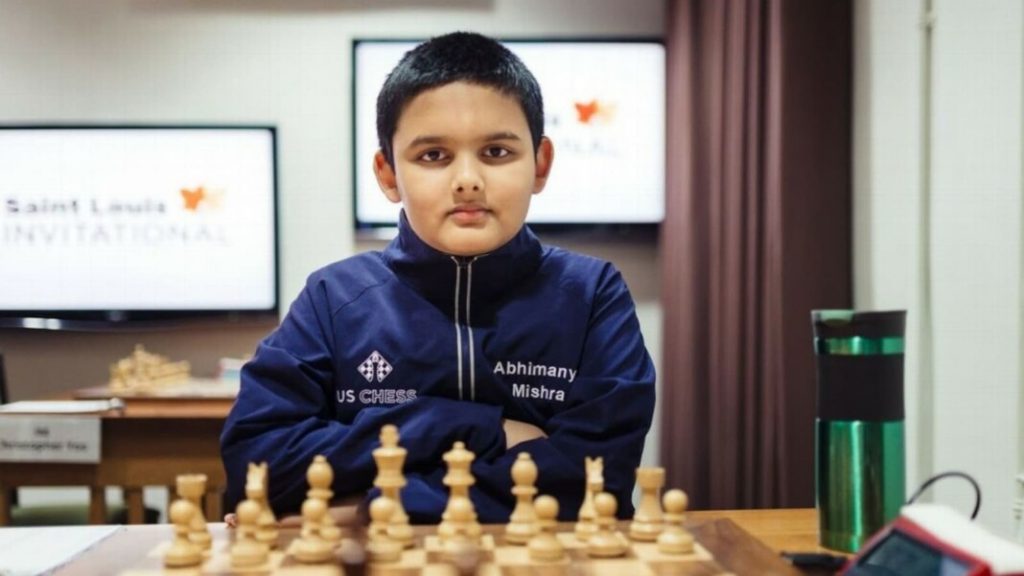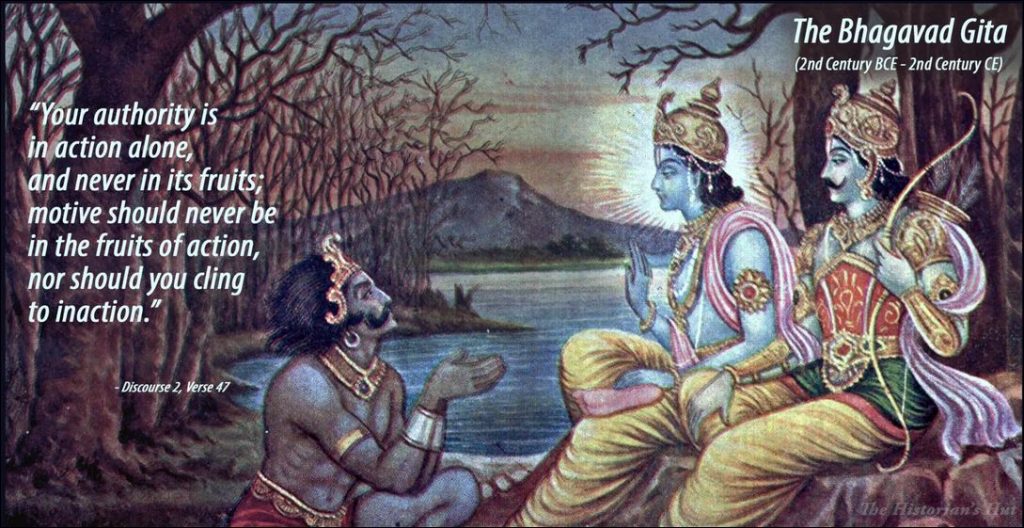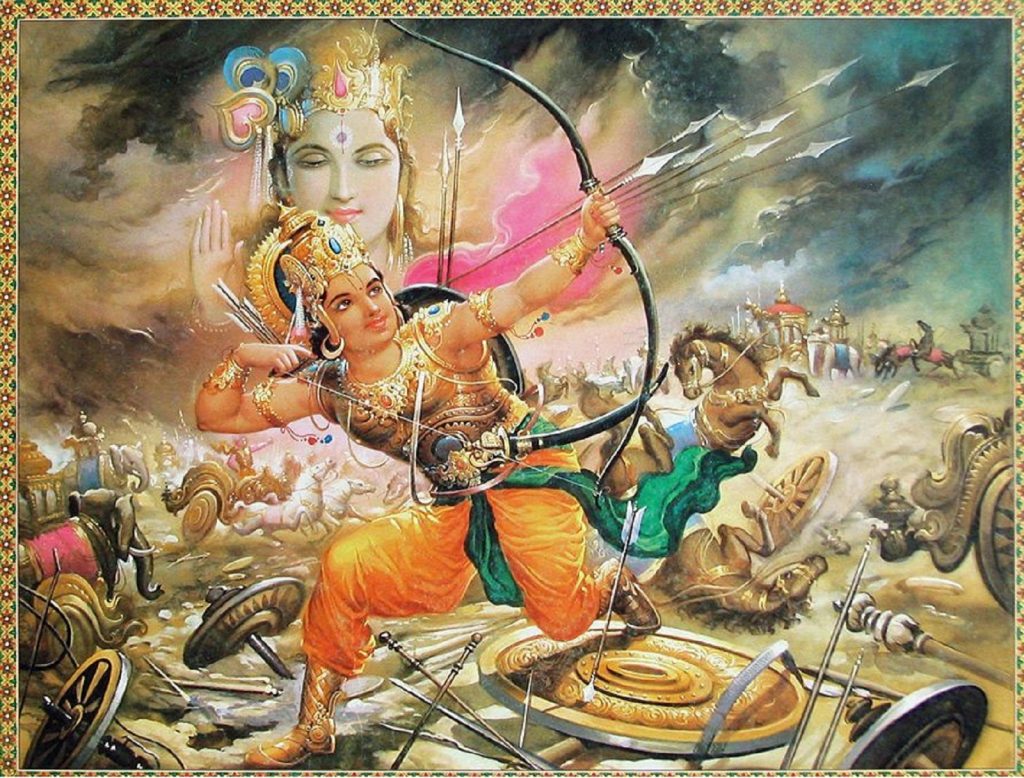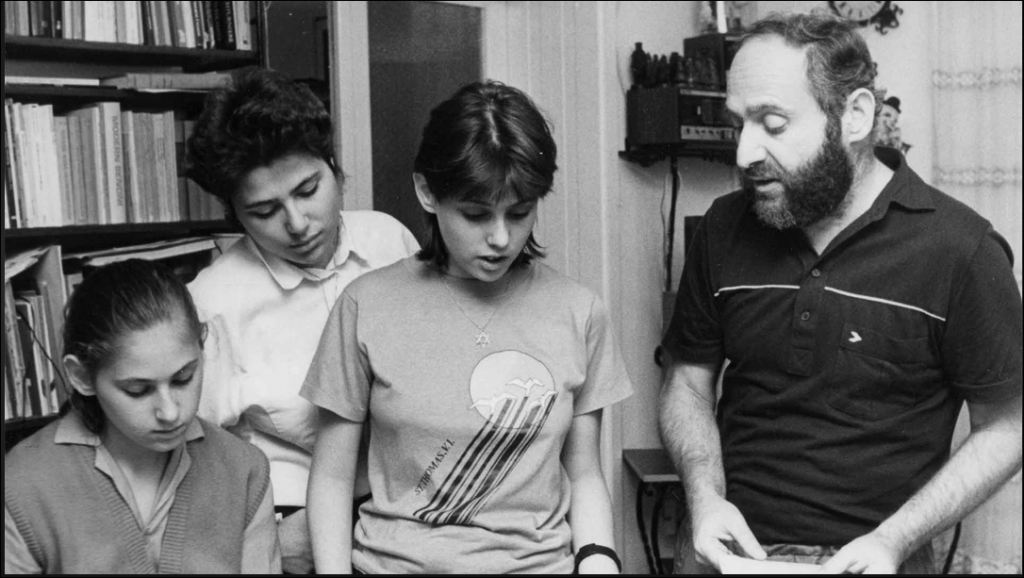
In my opinion (accent on “mine”) this book is not really about a child who accomplished something amazing, and of course at the same time it is, because there are 42 annotated games, and it’s about chess. In my opinion this book is about “family,” this book is about “values” which have been lost in our modern American society. Is this bad or good, I let the reader of the book to judge.
American families with over 60% of divorces for first marriages, and often the 78% of second marriages end up 87% of the time in divorce again within 5 years (yeah, read it a couple of times and let it sink in!). While divorce lawyers enjoy a luxury life style thanks to such sad industry, the society itself result damaged by such destructive behavior. Often the one who suffer the most are the children, the byproduct of irresponsible adults, who lack role models (e.g. Fathers) to learn and have an example for their adult lives.
I loved this book very much, because it let me enter into a family I didn’t know, their culture, their traditions, their sacrifice, clearly the epic story of another human being worth of being mentioned as a classical of literature.

While I remember to have read the Bhagavad Gita few times for the very interesting points made about the meaning of life, I admit I didn’t read the entire Mahabharata also if I bought it many years ago (do we really buy books to read them? LOL). Good thing it was saved by the COVID year, which closed and opened a new chapter of my life. While many other books I had, over 1000, were definitely lost.

The name Abhimanyu comes from the Mahabharata, and described a warrior who fought bravely till the end, like a hero who also knowing his destiny doesn’t whine, but fight till the last breath, achieving immortality. Notice in this case the immortality we are talking about is of the same kind Gilgamesh achieved, not through a body but through a story which is recounted endless times.

Speaking of the book, it’s quite interesting chapter one, because the author describes his family, the dynamics, and the difference between a child who knows the American mindset, and he is surprised by the Father’s honesty and likely Indian mindset (my mom had the same mindset, so maybe it’s more precise to link it to those coming from a world which had some harsh realities, my mom survived WWII).
I admire Abhimanyu’s father for his abnegation, sacrifice, ethics and the moral values he passed to his son and daughter. Clearly a great role model as father. I believe the other example who comes to mind, also if I don’t know him (unfortunately) is the father’s of the Polgar’s sisters.

Chapter 2 was interesting for a common characteristic I found common in previous champions. GM Mishra began playing endless games against the Magnus app, I remember Nakamura did something similar playing endless games against a chess computer or engine, and seeing how the program would win from certain positions he lost.

In chapter 2 some books he studied are mentioned, those titles could be interesting for those merely interested in the chess improvement journey.
Here some of the games one can read in the book, while of course in the book are fully annotated, here they are just an appetizer. The games in the book also tell a story and give context in which period this young athlete was, what were his expectations, and describes the joy he had when achieved some goals he worked very hard for!
Notice, some games are not in Chessbase Megabase, hence it’s important to have the book.
The book comes also with a series of colorful pictures, quite a novelty compared to most chess books, where pictures are black and white with low resolution.
While working on finding the games in the book, I found games played against players I know personally, like GM Finegold or IM Arthur Guo, or FM Francisco (a strong player here in Atlanta), and GM Zapata who lives in Atlanta too! I decided it was worth to show some of these games, just for the pleasure of watching a game played against someone I can picture the face in my mind!
Abhi_many.pgn
This parade of games also tell a lot upon how a chess player to reach the GM title needs to meet and defeat many minor players, or titled players who are not young anymore.
Chapter 3 tell us about the relationship between age, the body and mind, and how this young chess athlete used other disciplines: martial arts and soccer, to increase his focus. The book is clearly very interesting for every family who would like to know more how to nourish their kids and grow them as healthy adults.
I’d like to give the back cover text, which in my opinion well summarize the book,
– In this revealing self-portrait of Abhimanyu Mishra, he tells the story of a highly ambitious family project. Supported by his father, mother and sister, Abhi sets out to beat a nineteen-year-old world record. He wants to become the Youngest Chess Grandmaster in the World.
In June 2021, at the height of the Covid pandemic, he succeeds against all odds.
Abhi was born on February 5, 2009. On June 30, 2021, he became the youngest grandmaster in the world at 12 years 4 months and 25 days.
In this book, he explains the extraordinary training methods of his father, who not only helped Abhi develop his talents and fighting spirit but also selected his professional chess coaches to constantly improve his skills. Together they travelled from New Jersey to Budapest, Hungary, for the last part of the journey – a non-stop barrage of chess games to secure the necessary results.
‘The pressure was immense both for me and my opponent. It was a dead equal game and I decided to sacrifice my Knight for a pawn. It was right at this moment that my opponent gave in to the severe time pressure and ended up making a mistake. After a few moves, GM Leon resigned. I had won the game. I went out and saw Bapu waiting for me. I rushed to him and gave him a big hug. I had become the youngest Grandmaster in the entire world. I had beaten a nineteen-year-old world record. I should have been jumping with excitement, but my heart was so full that I ended up teary-eyed in the arms of my father.’ –
Final Thoughts: I’m happy I have this book in my chess library. I admit I got rid of other books which weren’t so interesting or worth keeping. While this story is clearly a great role model for everyone. It can be read also by people who are not chess players, while the chess players will undoubtedly enjoy the chess games too!
